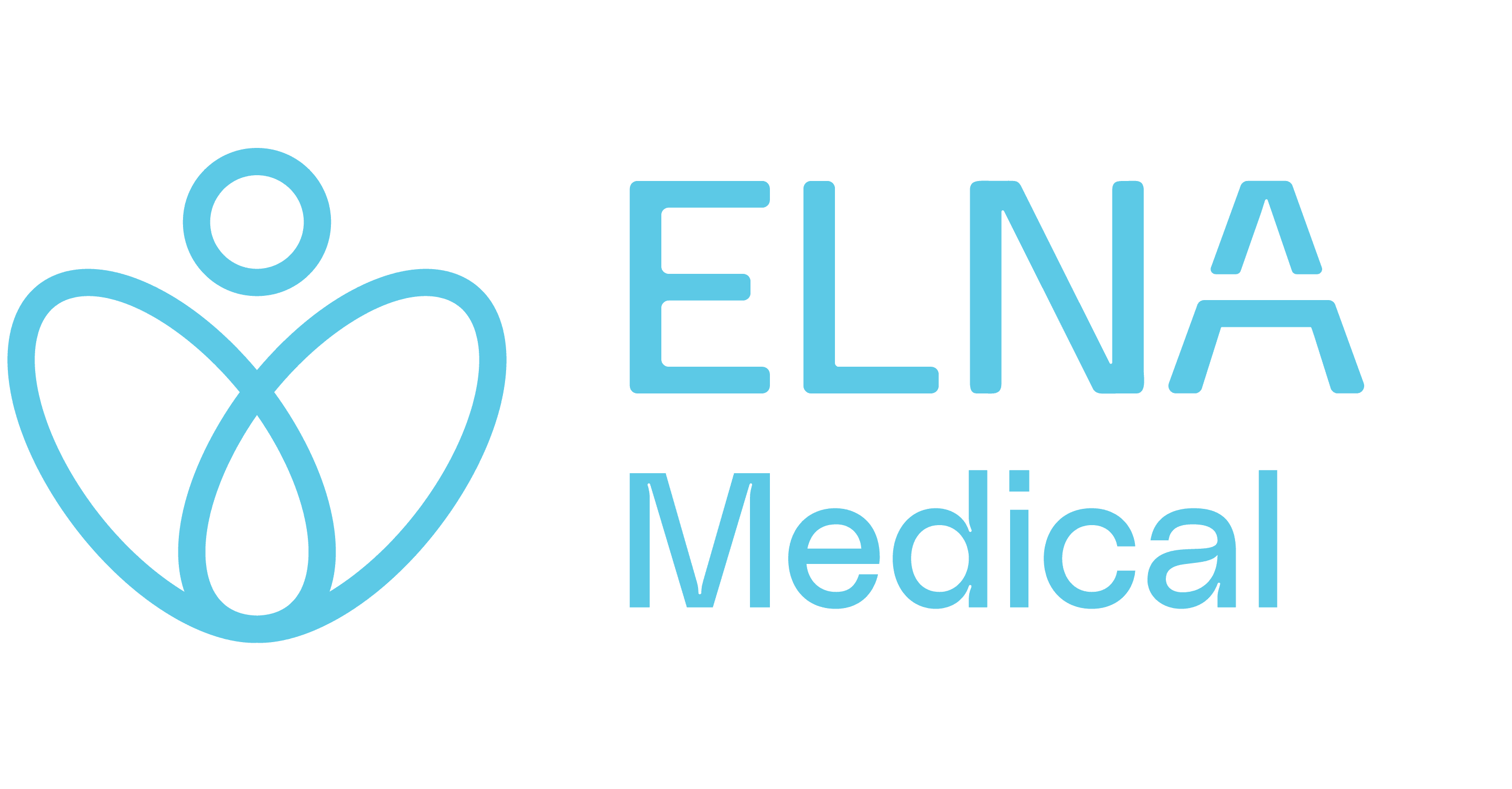While traditional treatments such as antidepressants and psychotherapy are effective for many patients, some individuals find themselves confronted with a particularly difficult-to-treat form of depression, known as treatement-resistant depression (TRD).
Thanks to advances in psychiatry and psychotherapy, several options are now available to help those struggling with TRD. In this article, discover safe, clinically validated treatments for resistant depression.
- Treatment-resistant depression
- Repetitive transcranial magnetic stimulation (rTMS)
- Neurofeedback
- Ketamine-assisted therapy
- Psychedelic-assisted therapy
- Consultation with a professional
What is treatment-resistant depression?
Treatment-resistant depression (TRD) is a severe form of major depression, which persists for more than two months despite treatment with antidepressants and psychotherapy. Also known as “refractory depression”, it is characterized by a lack of significant improvement in symptoms, despite repeated attempts to find an effective treatment.
It is estimated that 15-30% of major depressive episodes can progress to resistant depression1. This can be extremely frustrating and discouraging, both for the patients and the mental health professionals who support them. However, alternative treatments that are safe, non-invasive and clinically validated can offer relief, even in the most difficult cases.
Repetitive Transcranial Magnetic Stimulation (rTMS)

Repetitive Transcranial Magnetic Stimulation (rTMS) is a non-invasive method that uses magnetic pulses to stimulate specific brain regions involved in mood regulation. rTMS primarily targets the left dorsolateral prefrontal cortex, an area often underactive in people suffering from depression.
rTMS is a safe treatment approved by Health Canada since 20022. Sessions are relatively short, from 20 to 40 minutes, and do not require anesthesia. Side effects are generally limited to mild headaches or discomfort at the stimulation site. rTMS can also improve other symptoms associated with depression, such as anxiety and obsessive-compulsive disorder (OCD). Find out more about rTMS.
Neurofeedback

Neurofeedback is a brain training technique that enables patients to modify their brain activity. The process relies on the use of sensors placed on the scalp to measure brain waves, which are retransmitted in real time as visual or auditory feedback. This enables patients to become aware of their brain activity and consciously modulate it.
Neurofeedback is non-invasive and can be tailored to each patient’s specific needs. Each session lasts 60 minutes on average, and the number of sessions varies from patient to patient. Studies show that this method can be particularly effective for anxiety-depressive disorders, helping patients to rebalance brain activity and reduce symptoms in a lasting way.
Ketamine-assisted therapy

The treatment of depression with ketamine is an approach renowned for its rapid antidepressant effects. Therapy involves the administration of ketamine in the form of infusions or sublingual tablets, under medical supervision. Ketamine acts by altering the transmission of neurotransmitters in the brain, in particular glutamate, which can lead to rapid improvement in depressive symptoms.
Ketamine-based medications are approved by Health Canada for specific uses. One of the main advantages of ketamine is its rapid onset of action, compared with traditional antidepressants, which can take several weeks to take effect. Ketamine can also be effective for symptoms of post-traumatic stress and anxiety.
Psychedelic-assisted therapy

Psychedelic-assisted therapy uses psilocybin, the main active compound in hallucinogenic mushrooms, administered under the supervision of a psychotherapist. This treatment aims to induce an altered state of consciousness, enabling patients to explore their thoughts and emotions from a new angle.
Recent studies3 have shown that psilocybin can be extremely effective in treating TRD, particularly when combined with psychotherapy. Patients often report significant and lasting improvements in their mood, even after a single session. In addition, psychedelic therapy can help reduce symptoms of anxiety, stress and obsessive-compulsive disorder.
Consult a mental health specialist
If you or a loved one is suffering from treatment-resistant depression, it’s essential to consult a mental health specialist, such as a psychiatrist or psychologist, to explore the treatment options that are best for you. Every depression is unique, and what works for one patient may not work for another. A healthcare professional will be able to assess your specific situation, discuss the benefits of each treatment and guide you towards the most appropriate solution.
Ask a consultation at Neurotherapy Montreal!
Sources | 1: Fondation-Fondamental – La dépression résistante | 2: ELNA Medical – rTMS | 3: Jama network – Single-Dose Synthetic Psilocybin With Psychotherapy for Treatment-Resistant Bipolar Type II Major Depressive Episodes















